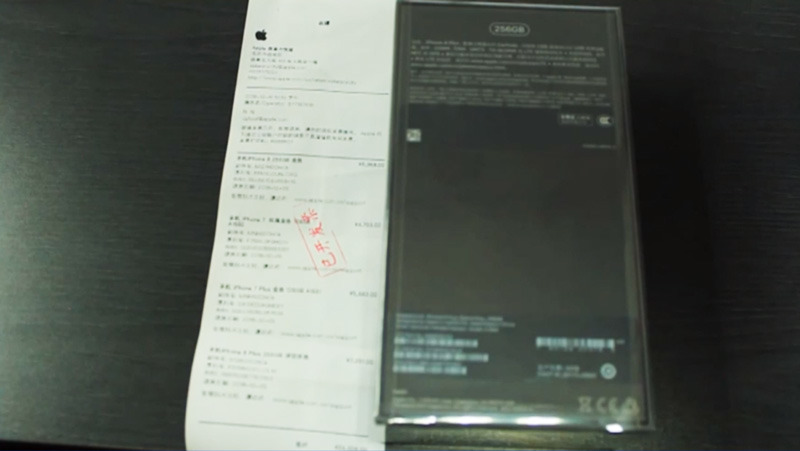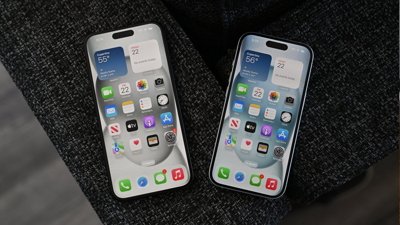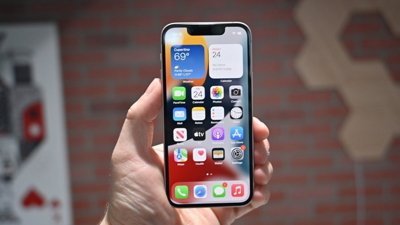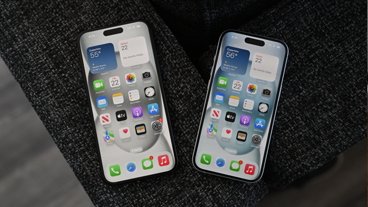Qualcomm argues continued Chinese iPhone sales violate court injunction
Qualcomm has reportedly presented a Chinese court with video evidence that Apple is still selling iPhones in the country, and insisted that this violates an injunction imposed earlier this week.
The company is now waiting on whether the court will take action, CNBC said on Wednesday. The chipmaker won a ban on Chinese iPhone sales and imports on Monday, and claims that the injunction applies to wide array of devices up to and including the iPhone X, construed as violating patents on photo editing and managing apps with a touchscreen.
Apple contends that the injunction applies only to products running older versions of iOS. Any iPhone bought from Apple currently comes preloaded with iOS 12, which if Apple's reasoning is followed would make the injunction toothless. Qualcomm unsuccessfully petitioned for a block on manufacturing iPhones in China as well.
"Qualcomm's effort to ban our products is another desperate move by a company whose illegal practices are under investigation by regulators around the world," Apple said in a statement on Monday to AppleInsider. "All iPhone models remain available for our customers in China. We will pursue all our legal options through the courts."
Apple first filed a $1 billion lawsuit against Qualcomm in January 2017, arguing that the latter was withholding patent royalty rebates as retaliation for cooperation with antitrust investigations. The battle quickly escalated, resulting in suits and countersuits around the world. In September, Qualcomm accused Apple of delivering trade secrets to Intel to improve the performance of modems.
An August settlement over similar matters saw Qualcomm pay $93 million in fines to Taiwan and promise to invest $700 million in the country over five years.
A U.S. Federal Trade Commission lawsuit actually precedes Apple's, and reached a critical turning point recently when District Judge Lucy Koh issued a preliminary ruling against Qualcomm, calling on it to license technology to rivals like Intel. Qualcomm and the FTC have been pursuing a settlement.
To put pressure on Qualcomm, Apple has been directing its manufacturers to withhold royalty payments, potentially in excess of $7 billion.
Some investors have expressed fears about the new ban, which could affect Apple's already volatile stock coping with worries about 2018 iPhone sales and the U.S.-China trade war.
 Roger Fingas
Roger Fingas











 William Gallagher
William Gallagher
 Malcolm Owen
Malcolm Owen
 Christine McKee
Christine McKee

 Amber Neely
Amber Neely









